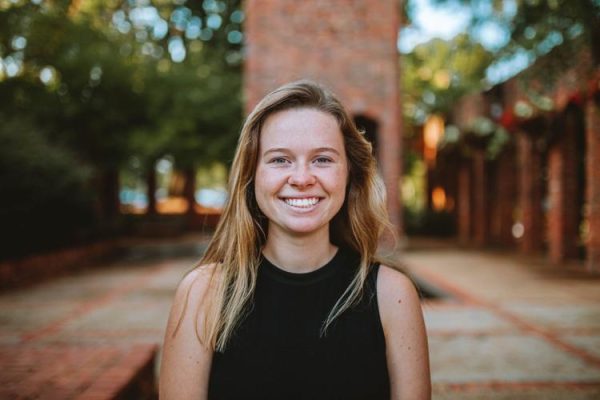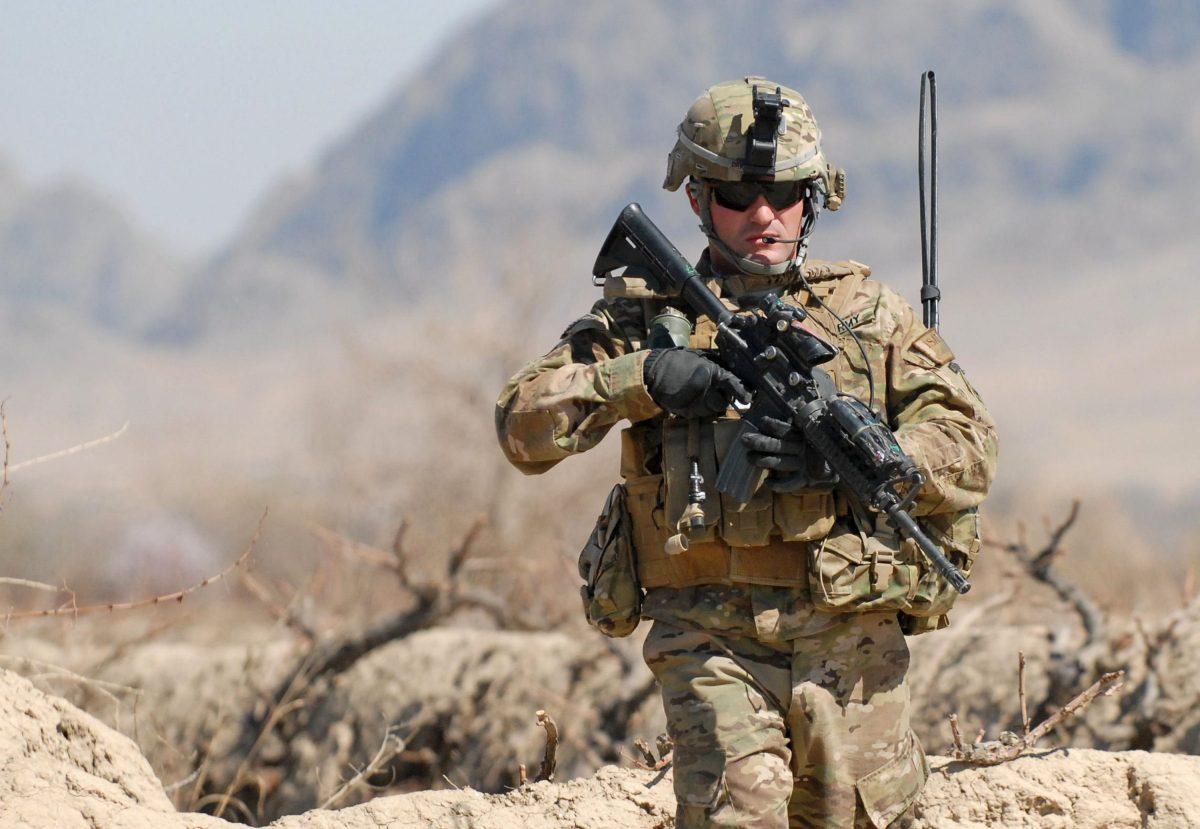Beginning on Aug. 6, the world watched as a terrorist organization took over a whole country in a little over a week.
Americans reeled as the Taliban undid in nine days what it took the U.S. 20 years, a trillion dollars and over 2,298 American lives to do.
The U.S. originally invaded Afghanistan in 2001 after the Taliban were found harboring Osama bin Laden and his Al-Qaeda movement, the group behind the 9/11 attacks.
Since then, U.S. troops have been occupying the country, battling Taliban forces and attempting to establish a strong Afghan national government and military that can withstand the militant terrorist group.
In April of 2021, U.S. President Joe Biden announced all U.S. troops in the country would be pulled out by Sept. 11, 20 years to the day after the 9/11 attacks.
The Taliban began seizing land and took province after province, eventually arriving at Kabul, the capital city, and taking over the seat of the nation.
A crisis ensued as the U.S. tried to pull out their troops and received widespread criticism for the execution of their decision and leaving behind at-risk Afghans.
For many college-aged Americans, the U.S. war in Afghanistan has been going on for their whole lives. Most of them were only babies when the Twin Towers fell. Some were not even born yet. It was easy for the conflict in Afghanistan to feel far away.
But for other members of the Mississippi State University family, the war in Afghanistan was not a far-off reality. They lived it.
Brian Locke, the director of MSU’s G.V. “Sonny” Montgomery Center for America’s Veterans and a retired military veteran who served in Afghanistan in 2007 and 2008, described the Taliban takeover as “a punch in the gut.”
“It’s very hard to see a terrorist organization walking around with your weapons, and it’s hard to see a terrorist organization driving your vehicles,” Locke said.
Aaron Uram, a MSU graduate student pursuing his masters in electrical engineering, served in Afghanistan in 2010 and 2011. Nearly 80% of his company was wounded in direct combat with the Taliban, receiving a total of 114 Purple Hearts.
“I was shocked,” Uram said of his initial reaction to the takeover. “I haven’t been that distraught in a while, just for the speed that the government collapsed. I couldn’t believe they took the country in a week, because we owned like 90% of it for 20 years. I couldn’t believe it.”
John Brody, an ex-spec ops weatherman and a graduate student studying meteorology at MSU, was in Afghanistan when bin Laden was assassinated.
“Of course I’m upset, disappointed, a lot of negative emotions,” Brody said. “I spent time there. I believed in the mission.”
But none of them regret their service in Afghanistan.
“I was involved in many projects of building schools and building hospitals, building roads and doing humanitarian assistance,” Locke said. “So you think of the 20 years that we’ve been there, all the people who have had a better life over those last 20 years, as opposed to probably what they’re going to experience now.”
On Aug. 16, President Biden said American troops should not have to fight a war that Afghan forces themselves will not fight. This statement, and the belief that the Afghans do not want to fight their own war, has been the subject of hot debate.
Locke, who was in charge of training members of the Afghan National Police, said the issue is far more complex than it is made out to be.
“I don’t think it’s necessarily accurate to say that they wouldn’t stay and fight, because they stood alongside of us and they fought with us for 20 years,” Locke said.
He also mentioned the massive amount of Afghans that died fighting with the Americans—over 64,000.
However, all three veterans spoke extensively of the fundamental cultural and societal differences between the Afghans and Americans that ultimately prevented the achievement of the American objective in Afghanistan.
Uram said many Afghans do not have a concept of a national government. Their allegiance is first to their family, then to their clan or tribe. And the Americans are just another tribe—a tribe that will not be there for very long. Many of the Afghans did fight faithfully alongside the Americans, but at the end of the day, the difference in cultural values was something even military might could not overpower.
“It’s a tribal society and we tried to push our value system on it. It just doesn’t work,” Uram said.
Additionally, according to Brody, Afghanistan’s lack of development posed another huge problem for the American objective. He said you can talk military strategy and tactics all you want, but you should first address the bare fact that most of the people you are talking to do not even know how to read. He remembers seeing Afghan national military members graduating from military training and holding their diplomas upside down. According to The World Bank, less than 50% of Afghans are literate. Brody said unless the U.S. had decided to take a multi-generational approach to nation-building, the mission was doomed before it began.
Another thing all three veterans were sure of from their time on the ground was the ruthlessness of the Taliban.
“I keep hearing this stuff on the news about how we’re going to make a deal with the Taliban and they’re going to protect everybody. Whoever’s saying that is out of their mind, because anything you could think of in medieval times, and I won’t go into it, they will do to people. There’s zero human rights with the Taliban,” Uram said.
Uram said even while he was on the ground in Afghanistan he realized this would be an impossible war. But even still, it did not affect his motivation.
“I felt committed to the military,” Uram said. “Even though I may not have agreed with everything the politicians got us into, I believe in our military. It’s the best in the world still. And our lower-level military leaders I believe in, and just our country, I believe in. I just felt like I’d be giving up on everybody if I didn’t do my job. There was never a question in my mind about that.”
Categories:
Afghanistan veterans react to Taliban takeover
The U.S. Army | Courtesy Photo
A U.S. soldier patrols near Combat Outpost Kowall in Kandahar, Afghanistan in 2011.
About the Contributor

Hannah Blankenship, Former Editor-in-Chief
Hannah Blankenship served as Editor-in-Chief of The Reflector from 2021 to 2022.
She also served as the Managing Editor from 2020 to 2021 and as the News Editor from 2019 to 2020.
Hannah was named College Journalist of the Year at the 2022 Southeastern Journalism Conference.
0
Donate to The Reflector
Your donation will support the student journalists of Mississippi State University. Your contribution will allow us to purchase equipment and cover our annual website hosting costs.
More to Discover







